Intermittent fasting is a nutritional model that has recently become very popular. Here, let's thoroughly examine the principles of intermittent fasting. You will gain an understanding of the concept of an eating window and the various effects that the IF diet can have. Continue reading to check out:
Intermittent fasting is a slimming diet![]() during which you can only eat foods in the so-called nutritional window. It can last 4-6-8 hours. During this time a person on a diet can eat various meals. When the eating window ends, you can not eat.
during which you can only eat foods in the so-called nutritional window. It can last 4-6-8 hours. During this time a person on a diet can eat various meals. When the eating window ends, you can not eat.
Intermittent fasting can be just a part of a healthy lifestyle. It can also be a way to weight reduction. It is worth remembering that IF is not suitable for everyone. That is why it has some contraindications.

Intermittent fasting allows you to eat meals within specific time frames![]() . One of the most popular forms of intermittent fasting is the 16/8 method, where you fast for 16 hours and eat a range of meals during an 8-hour window. Then it is only water. When planning meals, it's important to maintain an energy balance, and intermittent fasting can assist in ensuring the body receives sufficient calories and nutrients.
. One of the most popular forms of intermittent fasting is the 16/8 method, where you fast for 16 hours and eat a range of meals during an 8-hour window. Then it is only water. When planning meals, it's important to maintain an energy balance, and intermittent fasting can assist in ensuring the body receives sufficient calories and nutrients.
The nutritional model assumes a large consumption of vegetables, fruits, fish, and products containing unsaturated fatty acids. It is also necessary to eliminate products that provide only empty calories and do not contain nutrients. The IF diet is part of a healthy lifestyle in which highly processed products are omitted. It encourages to have a diet free from products that are rich in simple carbohydrates, sugar, and fat.
Intermittent fasting is a model of nutrition that can bring several health benefits. Apart from aiding weight loss, following the IF diet can lower the chances of developing lifestyle diseases, promote optimal functioning of the heart and brain, and facilitate the regulation of insulin levels in the body.

The IF diet not only allows you to reduce body weight![]() but also helps eliminate feelings of heaviness and fights stomach ailments. It is helpful in normalizing sugar levels in the body. One approach to intermittent fasting involves selecting foods that have a low glycemic index when creating meals. Thanks to this, on the IF diet, there is no insulin surge, and the sugar level in the body does not increase.
but also helps eliminate feelings of heaviness and fights stomach ailments. It is helpful in normalizing sugar levels in the body. One approach to intermittent fasting involves selecting foods that have a low glycemic index when creating meals. Thanks to this, on the IF diet, there is no insulin surge, and the sugar level in the body does not increase.
In addition, people using intermittent fasting observe significant weight loss. Weekly you can see a decrease of about 1 kg of body weight. If you're looking for a healthy and gradual way to lose weight, this diet variant may be for you. However, keep in mind that strict adherence to nutritional rules is necessary for success.

By practicing intermittent fasting, you can decrease the insulin levels in your body. Lowering the chances of developing insulin resistance or prediabetes is an additional benefit. What's more, the effect of the IF diet may be better insulin sensitivity and lower fasting glucose and insulin![]() .
.
When it comes to intermittent fasting, there is an impact on hormonal balance. This type of fasting can increase the growth hormone level while reducing the level of insulin mentioned earlier. As a result, it promotes efficient fat-burning.
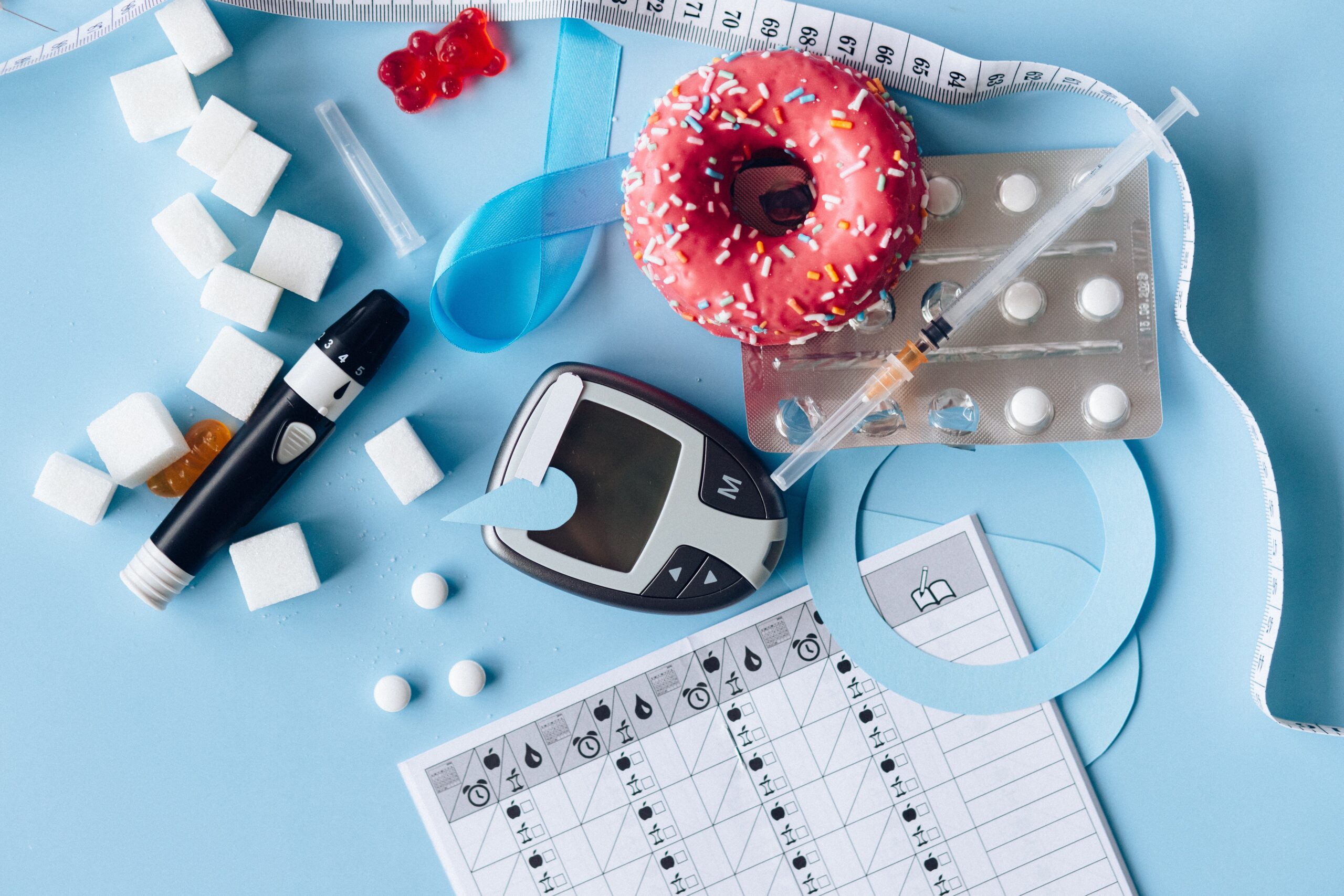
The IF diet also positively affects the work of the heart and cardiovascular system. It can normalize and lower blood pressure![]() , reduce the risk of hypercholesterolemia, and lower lipid levels.
, reduce the risk of hypercholesterolemia, and lower lipid levels.

By consistently consuming fewer calories![]() than your daily expenditure, you can start losing weight right away. It's essential to reduce your overall calorie intake to achieve this goal. It's important to keep in mind that weight loss won't be noticeable immediately, and it may take a few weeks to see any results. The initial weight loss is typically attributed to excess water loss. The amount of weight lost per week during intermittent fasting can vary depending on your calorie intake, but it's possible to lose around 0.5-1 kg per week. Therefore, significant weight loss may take up to eight to ten weeks to become apparent.
than your daily expenditure, you can start losing weight right away. It's essential to reduce your overall calorie intake to achieve this goal. It's important to keep in mind that weight loss won't be noticeable immediately, and it may take a few weeks to see any results. The initial weight loss is typically attributed to excess water loss. The amount of weight lost per week during intermittent fasting can vary depending on your calorie intake, but it's possible to lose around 0.5-1 kg per week. Therefore, significant weight loss may take up to eight to ten weeks to become apparent.
Your weight loss progress during intermittent fasting may vary depending on the number of calories you consume. Typically, a loss of 0.5-1 kg per week is achievable. It's important to keep in mind that noticeable results may take up to eight to ten weeks.
Have you noticed that you're losing more weight than expected? This may be a cause for concern. If you've just started intermittent fasting and are experiencing a significant drop in weight, it's important to assess your calorie intake. Make sure you're consuming enough food to meet your body's needs.
There are several factors that can impact how quickly weight loss occurs with intermittent fasting. The rate of weight loss can vary significantly based on:
When it comes to intermittent fasting, it's crucial to acknowledge that there's no universal method that works for everyone. It's natural to encounter both triumphs and obstacles on the way.
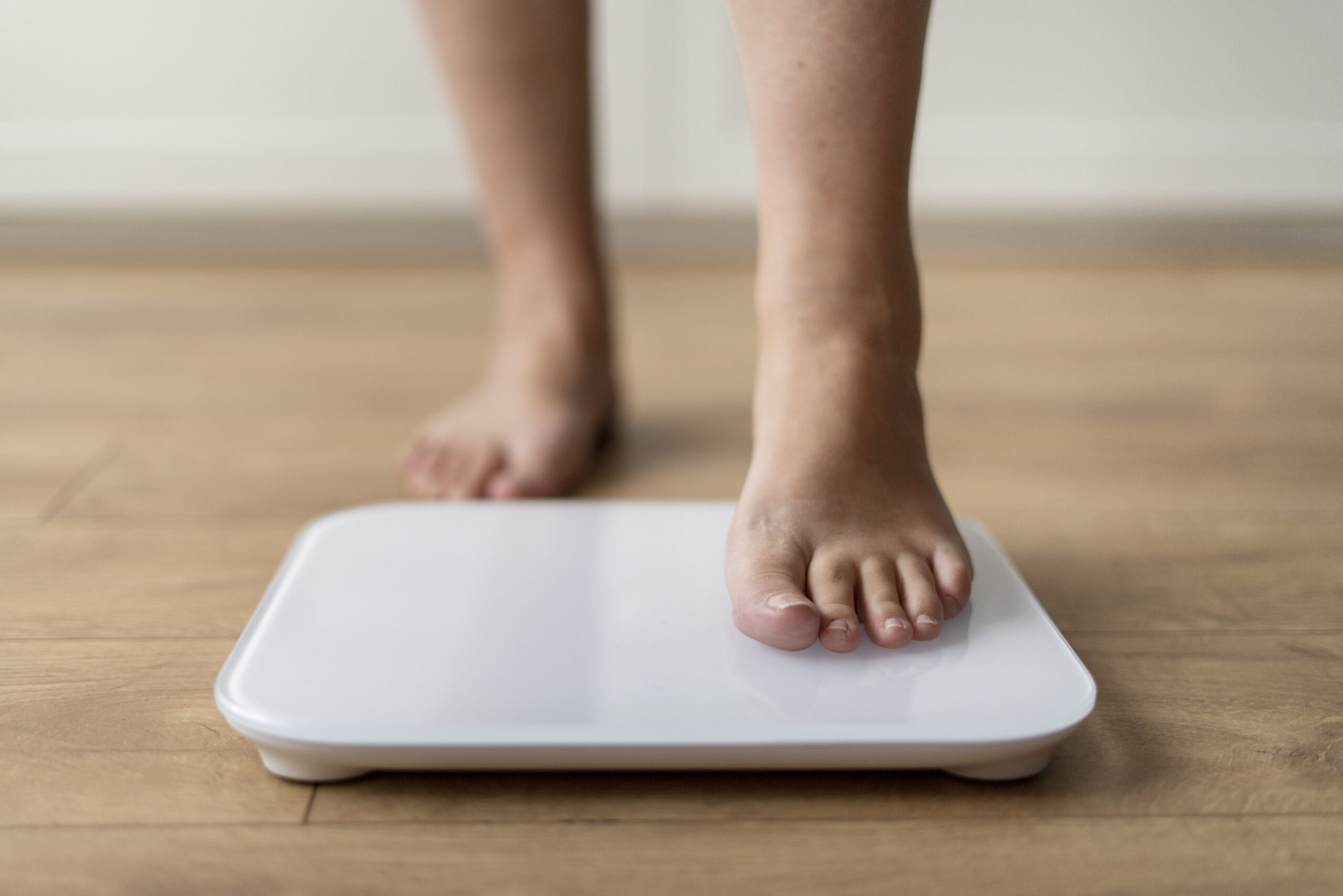
Achieving healthy weight loss is possible through the practice of intermittent fasting. You may start to see noticeable results after consistently following the IF diet for a month – a weight loss of 2.5–9.9%![]() of body weight. In order to maintain the results, it is crucial to adhere strictly to nutritional guidelines and not abandon them even after achieving weight loss success.
of body weight. In order to maintain the results, it is crucial to adhere strictly to nutritional guidelines and not abandon them even after achieving weight loss success.

Intermittent fasting based on an eating window is considered one of the healthiest diets in the world. It encourages the consumption of foods:
Due to its ability to provide a nutritious and well-rounded diet, it is highly recommended for almost everyone. A healthy and balanced diet recommended to almost everyone is the IF diet. However, it's important to note that its effects are only visible when following its rules strictly. This means refraining from eating or drinking anything other than water or herbal tea outside your designated eating window. Both salty snacks and products that may interfere with weight loss are inadvisable. In practice, this means that you should not go beyond the established schedule and eat meals only in time frames. However, they should be healthy and properly balanced.
Fasting is not for everyone. Certain physiological conditions preclude its use, or at least require consultation with a doctor. Intermittent fasting can be very beneficial and even therapeutic for people with type 2 diabetes. However, when using insulin, you need to carefully monitor that the combination of drugs and intermittent fasting does not lead to hypoglycemia. You should avoid intermittent fasting:

The intermittent fasting diet![]() assumes that the first meal is the most important. For a productive morning and to avoid snacking between meals, it's best to have a breakfast rich in protein and fats. Careful meal planning is crucial to ensure that all necessary nutrients are consumed within the designated eating period. If you're following a slimming diet, focus on foods that are nutrient-dense. This includes vegetables, fruits (with low sugar content), whole grain products, fish, vegetable oils, legumes, seafood, dried fruits, and nuts. These food groups offer plenty of options for healthy meal planning.
assumes that the first meal is the most important. For a productive morning and to avoid snacking between meals, it's best to have a breakfast rich in protein and fats. Careful meal planning is crucial to ensure that all necessary nutrients are consumed within the designated eating period. If you're following a slimming diet, focus on foods that are nutrient-dense. This includes vegetables, fruits (with low sugar content), whole grain products, fish, vegetable oils, legumes, seafood, dried fruits, and nuts. These food groups offer plenty of options for healthy meal planning.
In this model of nutrition, you should not eat processed products, sweets, instant dishes, fast food, salty snacks, or deep-fried dishes. It is also better to avoid meat, especially red meat.
Intermittent fasting can be very healthy. Outside the eating window, you can only consume water or drink beverages that do not provide calories. You can't eat anything or eat anything. Breaking this rule of the IF diet can disrupt the effects of the diet.

Intermittent fasting offers significant benefits such as weight loss and lower blood sugar levels. Nonetheless, it's important to note that this diet can also have potential disadvantages![]() . When using a long period of fasting, dizziness and headaches may occur. Fainting can be a possible outcome.
. When using a long period of fasting, dizziness and headaches may occur. Fainting can be a possible outcome.
A negative caloric balance can also lead to malnutrition and stomach problems. The most common include conditions from the digestive system and a decrease in immunity. People who fast too radically may be more likely to catch viral infections and the common cold.

There are some reasons why intermittent fasting is not working for you![]() .
.
Maintaining a balance between the calories consumed and burned is crucial during the eating window. Overeating can hinder weight loss progress. Merely compressing the same amount of calories eaten before starting intermittent fasting into an eating window will not yield any diet changes. To achieve weight loss goals, it is necessary to consume fewer calories during the eating window than before.
Try a calorie-counting app. Many weight-loss apps provide an estimate of your daily calorie intake, but these estimates are not always accurate. However, they can serve as a helpful starting point for your weight loss journey. Additionally, these apps can help you identify high-calorie meals or foods that you may not have realized were calorie-dense. It will allow you to make necessary adjustments to your diet.
You don't eat enough calories. It may result in gaining weight because your body can conserve the energy you use instead of burning it.
Prepare an appropriate meal plan for non-fasting periods that includes balanced meals with at least 300 to 500 calories per meal. By following this method, you can eliminate any uncertainty and ensure that you are not saving an excessive amount of calories.
You eat less nutritious food. Eating only during specific periods does not mean you can indulge in any food you want and still lose weight. If you eat high-calorie foods, such as fast food, it will be challenging for you to shed pounds.
Concentrate on eating nutrient-dense foods. Incorporating foods with high amounts of lean protein, fiber-rich carbohydrates, and healthy fats into your diet can aid in making you feel full and reduce your calorie consumption in a natural way. Unhealthy treats? Only in moderation!
You are not fasting long enough. If you decide to fast and shorten your daily eating period by an hour, you may not experience significant weight loss. You just don't change your normal eating habits enough.
Most people are successful with a 10-hour window, which means a 14-hour fast. It might be helpful, to begin with a wider eating window and gradually reduce it until you become accustomed to the change.
Skipping meals within the designated eating window can result in hunger during fasting periods, which may increase the likelihood of breaking the fast. Additionally, excessively limiting food consumption during one eating window can cause bloating from water retention and lead to overeating in the next window, ultimately elevating overall caloric intake. It's important to maintain a balanced and adequate diet to avoid these consequences.
Eat until you are full and satisfied, but not packed. Make sure you prepare meals on the weekends for the next week so you don't skip meals.
It seems like the fasting plan you have selected may not be the best fit for your lifestyle or metabolic goals. It's important to consider the various types of intermittent fasting and choose one that aligns with your unique needs and preferences. If you're following a training plan that restricts morning meals, it can disrupt your fasting and negatively impact your body and workout performance. It is significant to ensure that you have enough fuel for your workouts.
Consider choosing a fasting plan that best suits your lifestyle and you will stick to it in the long run. You can consult a nutritionist to help you make this decision and assess your lifestyle and dietary needs.
You don't sleep long enough. There is a direct correlation between weight loss and sleep during intermittent fasting. It is recommended to sleep approximately 7-8 hours a day.
You exercise too much. Many people begin a new diet and exercise regimen simultaneously or expand their current exercise routine. However, if one over-exercises while also reducing food intake, it can lead to decreased energy levels and increased hunger. It may result in consuming more calories than burned, despite intense exercise.
If you practice fasting, remember to practice on fasting days. Overall, make sure your exercise regimen is challenging but still manageable and enjoyable.
You are not hydrated enough. Not drinking enough water while fasting can not only lead to dehydration but also make you lose the benefits of fasting. Drink a lot and often. The best – water.
You are not following your plan as directed. Adhering to intermittent fasting can be difficult because some people are not used to long periods without food. It may result in cheating – which probably won't bring you the benefits you want. So reconsider if fasting is correct for you and your lifestyle.
It's important to plan when it comes to maintaining a healthy weight loss regimen. Neglecting the planning aspect can be detrimental to your progress. Have a plan of what you will prepare and prepare meals and snacks earlier.
It's understandable to feel guilty after breaking your fast. Fasting can be challenging and requires dedication and persistence to master. Most people who try fasting, no matter which approach they choose, will end their fast at some point early. If you're committed to fasting, it's crucial not to feel guilty, ashamed, or angry about it. Instead, return to your regular fasting routine as soon as possible.
Table of Contents

Did you know that intermittent fasting is a safe and effective way to lose weight? Learn the principles of intermittent… read more »

A calorie is a determinant of the energy from the food consumed. Both calorie deficiency and excess cause harmful health… read more »
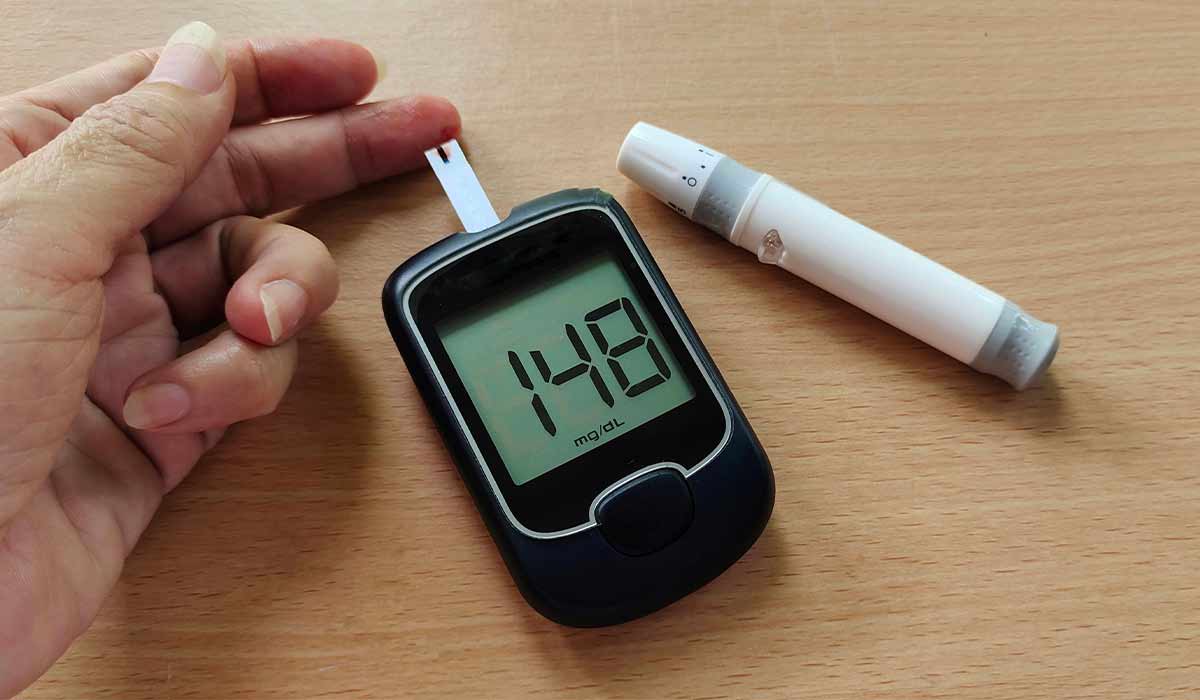
When blood glucose levels are too high, it leads to a hyperglycemia. Discover effective ways to reduce your sugar levels… read more »

The Mediterranean diet is a popular way of eating that has many health benefits. See how to improve your eating… read more »

Weight gain is an increase in body weight that can result from the accumulation of muscle mass, fat, or water… read more »
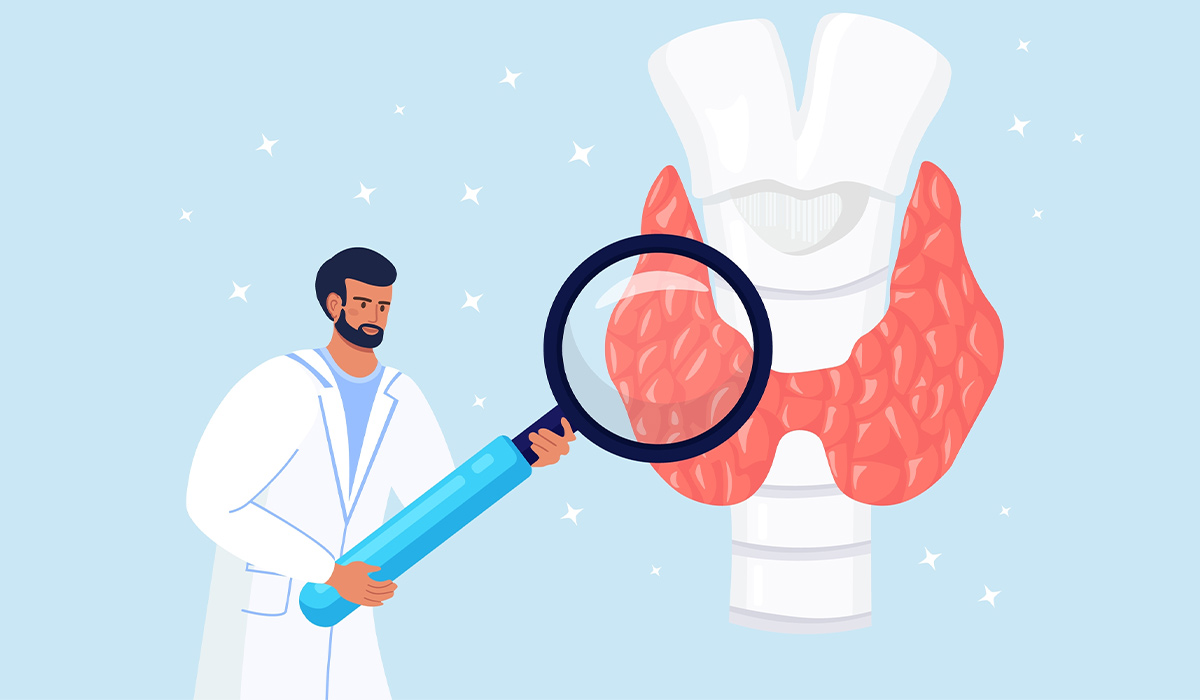
The thyroid is a small organ whose hormones regulate the body's metabolism. Check what are the signs of thyroid problems.… read more »
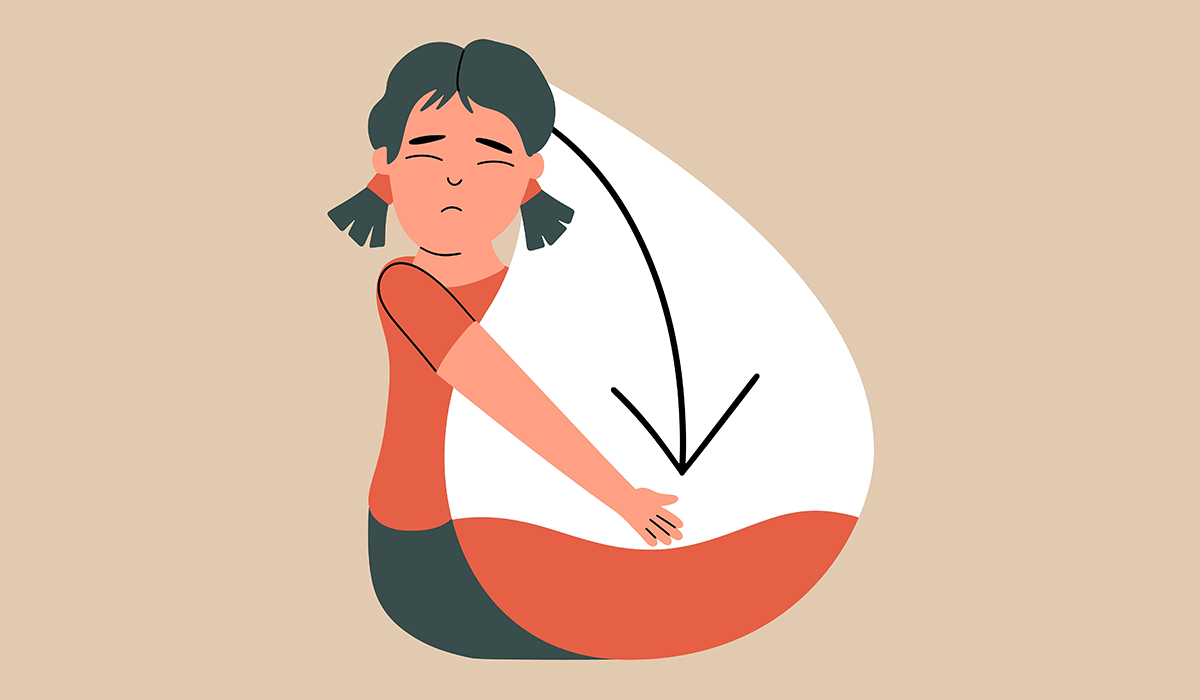
Hypoglycemia is a set of symptoms associated with a decrease in blood sugar levels, which disappears after the administration of… read more »
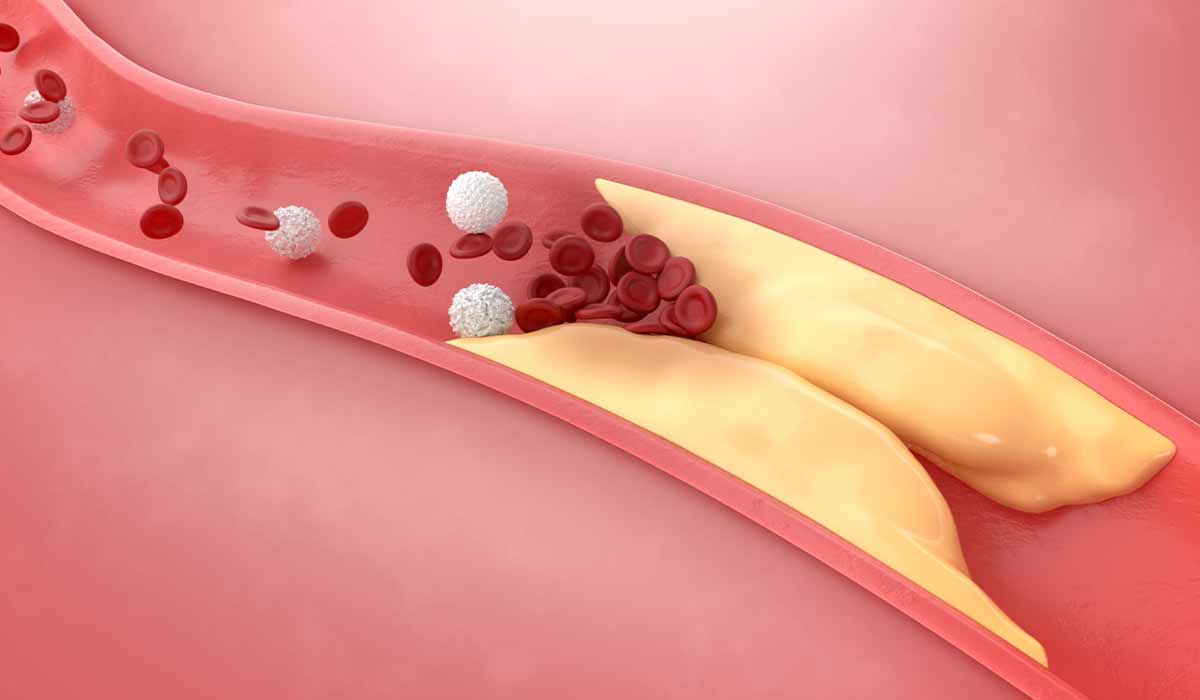
Atherosclerosis is a disease of the cardiovascular system that involves the deposition of atherosclerotic plaques in the inner layers of… read more »

Body detox, or detoxification, refers to the process of eliminating toxins and harmful substances from the body. How to do… read more »